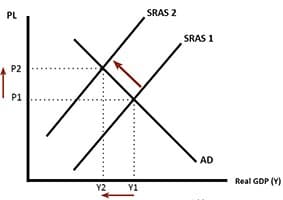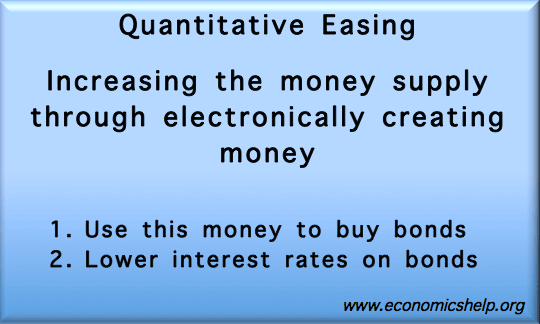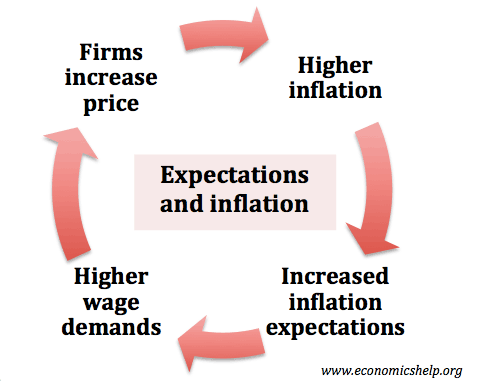Current Account = Savings – Investment
Readers Question: I’m currently reading ‘Crisis Economics’ (by N.Roubini) at the moment and I don’t get some stuff in the book. When it was talking about the current account balance, the book referred to it as a balance between national savings and national investment, but I don’t quite understand this. The Current account on the …



